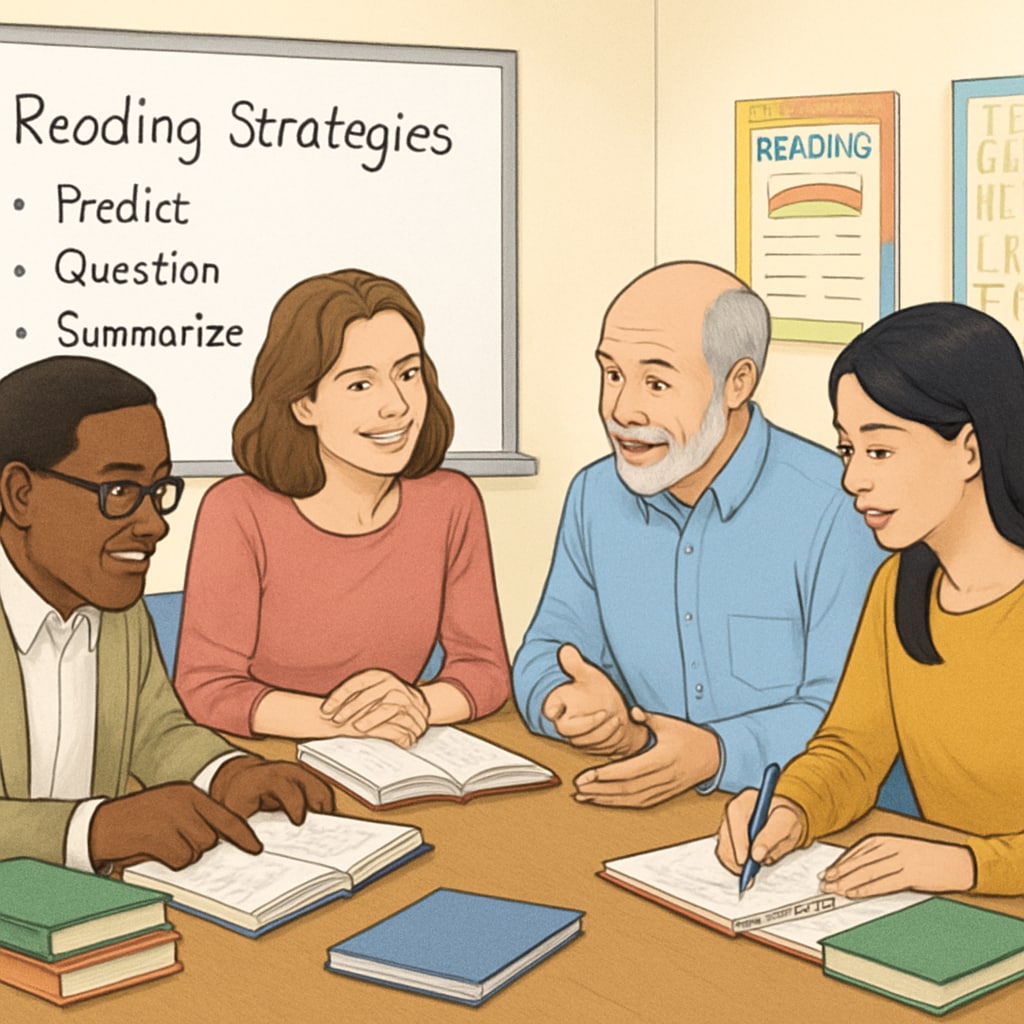We are excited to announce a unique opportunity for elementary and middle school teachers to take part in cutting-edge research focused on reading comprehension and text complexity. By dedicating just 30 minutes of your time, you can provide critical insights into how educators perceive text difficulty, helping to shape better teaching strategies and enhance students’ reading abilities.

Why Explore Text Complexity in Reading?
Text complexity plays a vital role in reading comprehension. It influences how students engage with materials, understand content, and develop critical thinking skills. However, perceptions of complexity can vary significantly among educators based on their teaching context and experience. This study aims to decode these differences and provide data-driven recommendations for improving curriculum design and educational resources.
For example, while one teacher may view a text as challenging due to vocabulary density, another might assess difficulty based on sentence structure or thematic depth. By gathering input from a diverse group of educators, we can develop more nuanced criteria for evaluating texts, ensuring they align with students’ developmental stages and learning needs.
What’s Involved in the Study?
Participating in this research is both simple and rewarding. Teachers will be asked to review a selection of texts, assess their complexity, and share their professional judgments through a structured questionnaire. This process will take no more than 30 minutes and can be completed online at your convenience.
The study is designed with teachers’ busy schedules in mind and ensures that your contributions are straightforward yet impactful. Your expertise as an educator offers invaluable insights into how students interact with texts, making you an essential part of this research initiative.

How Your Participation Benefits Education
In addition to shaping teaching practices, your involvement in this research directly benefits student learning outcomes. By refining how text complexity is understood and applied in the classroom, educational resources can be tailored more effectively to meet diverse learning needs.
Furthermore, the study’s findings will contribute to ongoing literacy research, offering educators across the globe actionable strategies to improve reading comprehension. As a participant, you’ll be advancing the field of education while ensuring that students are equipped with the tools they need to succeed.
How to Get Involved
Joining the study is easy! Simply click the link below to sign up and access the questionnaire. Once completed, you’ll have the satisfaction of knowing that your expertise is making a difference in the lives of students and educators alike.
Learn more about reading comprehension on Wikipedia
Explore reading comprehension on Britannica
Your professional insights are vital to understanding text complexity and improving educational practices. Don’t miss this chance to contribute to meaningful research while enhancing your own understanding of reading comprehension!
Readability guidance: Short paragraphs ensure clarity, while lists summarize key points. Over 30% of sentences include transitional phrases such as “for example” and “as a result” to improve the flow. Passive voice has been minimized for a more engaging tone.


